Weather is often the subject of conversation, and this is even more the case in the farming world where we’re constantly talking about it and glancing at the forecasts. For a good reason! It impacts what our day-to-day tasks look like, more than many other professions. We found ourselves talking about the weather even more than usual this past week. How could we not after receiving 6 inches of rain in 24 hours and about 7 total in just a few days? We didn’t have any flooding on our farm, a testament to the care and attention that we give to the health of our soil, and the ground soaked it all in very quickly, with only a small amount of standing water in some fields on Monday morning, which was gone by that afternoon. Or maybe it shouldn’t be surprising given that we’d gone 18 months with almost no precipitation. During last year’s “rainy season” we only got 5 inches. With so little rain, not much vegetation grew on the burn areas from the 2020 LNU fire, so there were some mudslides (including one that shut down Highway 16 further up the Valley) and a lot of debris in the smaller creeks that feed into Cache Creek.
This storm was warm, it woke up and invigorated the plants, different than our usual cold front storms from the north which usually halt plant growth for a bit. All of the germinating seeds, recent transplants, and established plants look better already, more brawny and certainly bigger. Even the few remaining summer crops which are slowly petering out look happier and healthier.
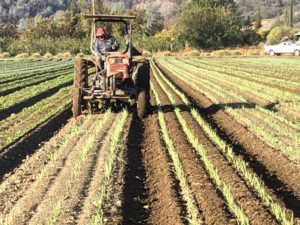
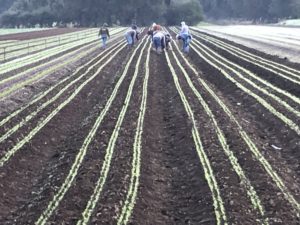
The rain also helped the weed seeds. Most beds are now covered with a downy green coat of just germinated weeds (see below). Wet soil and tractors don’t mix, so we have to wait to tackle some of the weeds. On Saturday morning, the soil was just dry enough to get a cultivating tractor on some of the beds, but otherwise it meant lots of hand weeding (a task that will be a priority for a while) with a small amount of flame weeding. Something to think about when snacking on our amazing carrots all winter: except for a quick pass over with a flame weeder before they germinate, all the weeding happens by hand. Rain and wet conditions also slowed down harvest. Last week all the potatoes also had to be harvested by hand, with a digging fork instead of the usual help from a tractor and full harvest crates had to be carried out of the field instead of being loaded on a tractor or other vehicle that can drive into the field.
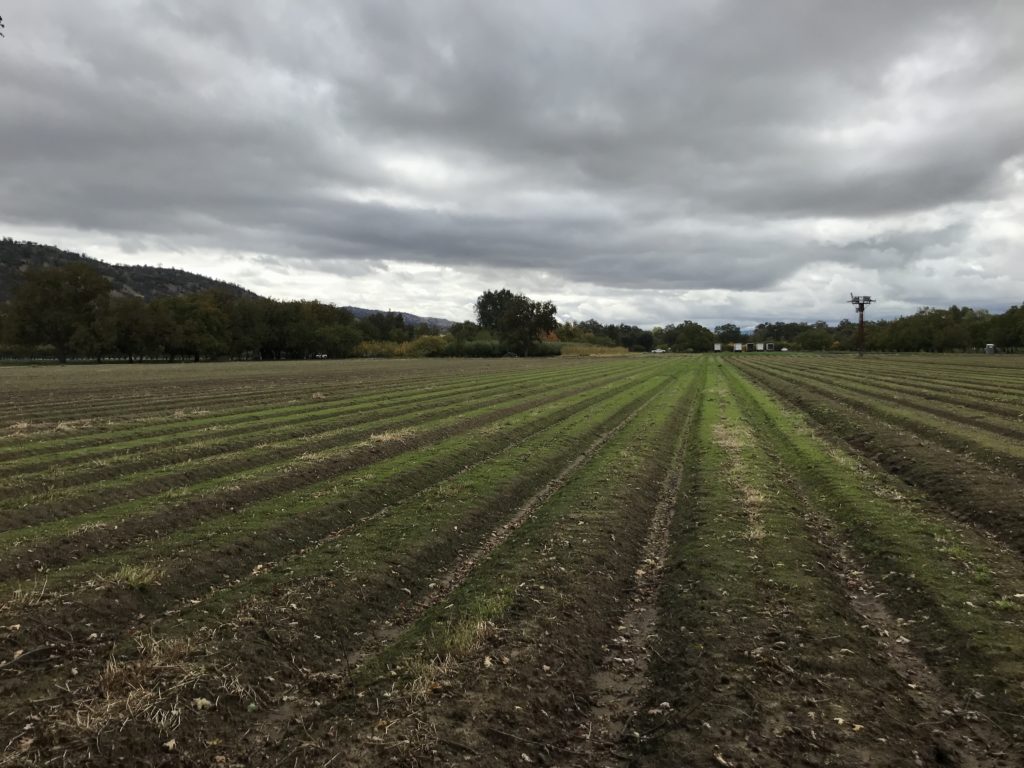
What else happened last week?
– We pressed pomegranate juice and bottled it up, which will be available at our farmers markets or on the web store to add to CSA boxes
– We welcomed Brock and Rock, Maremmano-Abruzzese Sheepdogs who are guarding our sheep.
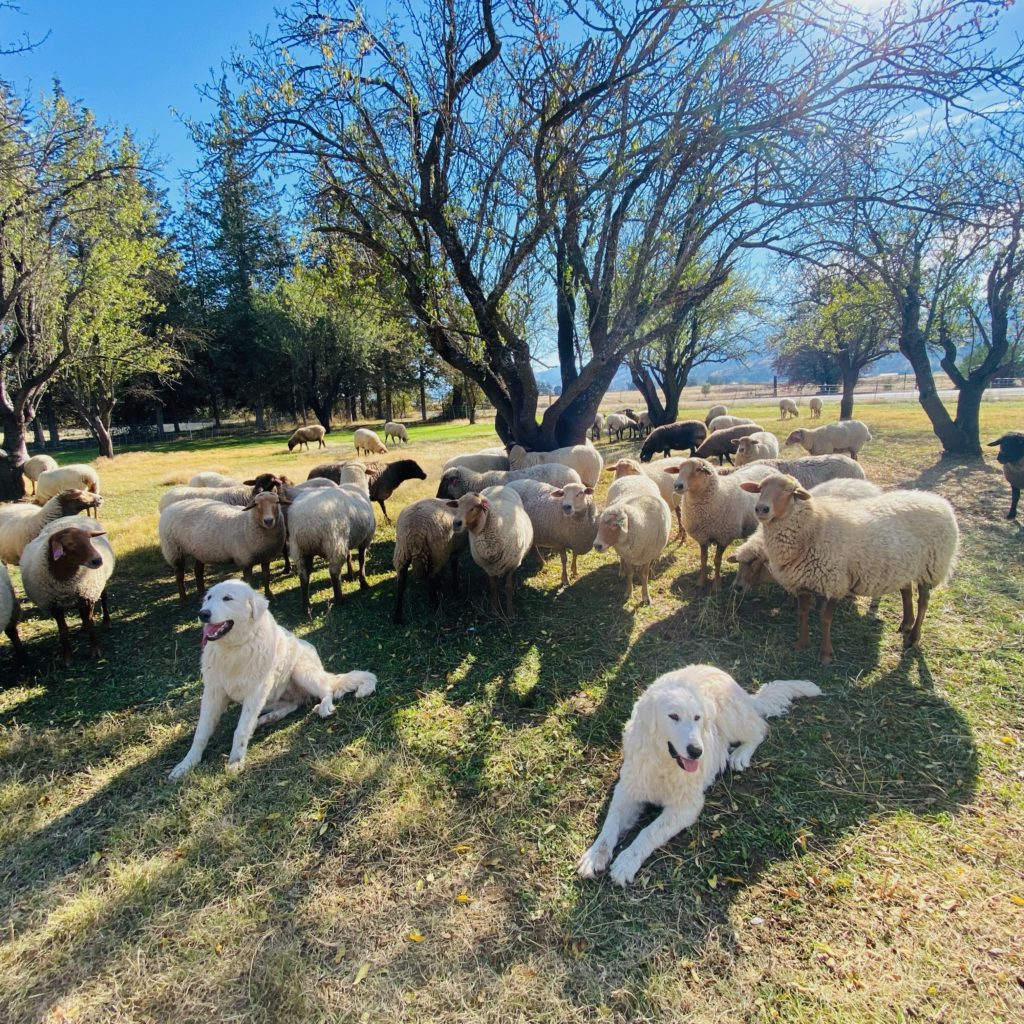
– Lots of wreath making. Each one really is a work of art. Reminder: We have a wreath class on 11/11 if you want to learn how to make them.
– Shelling walnuts! In a previous Beet, we mentioned that we lost our local sheller this past year. After looking around for another sheller, we instead decided to rehabilitate a very vintage sheller that we already had. After lots of tinkering and new parts, the machine cracks the shells and releases the nuts, and then we sort the nuts to remove any shells and bad nuts, both at the machine and later on a conveyor belt. It’s loud and tedious work, but necessary for quality control and food safety. Even the really large nut companies in our area that have much newer and smarter equipment have folks looking over their nuts before they get sent out the door.
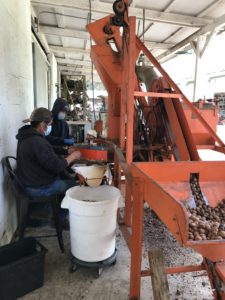
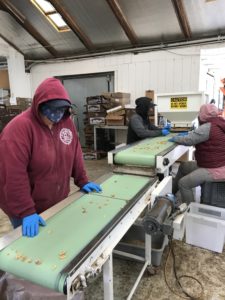
We’re getting prepped to do our big olive harvest to press oil but (like everything else on the farm) have to navigate around the weather. Rain is forecast for Monday and Thursday but we’ve got our rakes and tarps ready for the right window to get the job done! In the meantime, more planting, weeding, picking, washing, and packing!
Elaine Swiedler, CSA Manager
